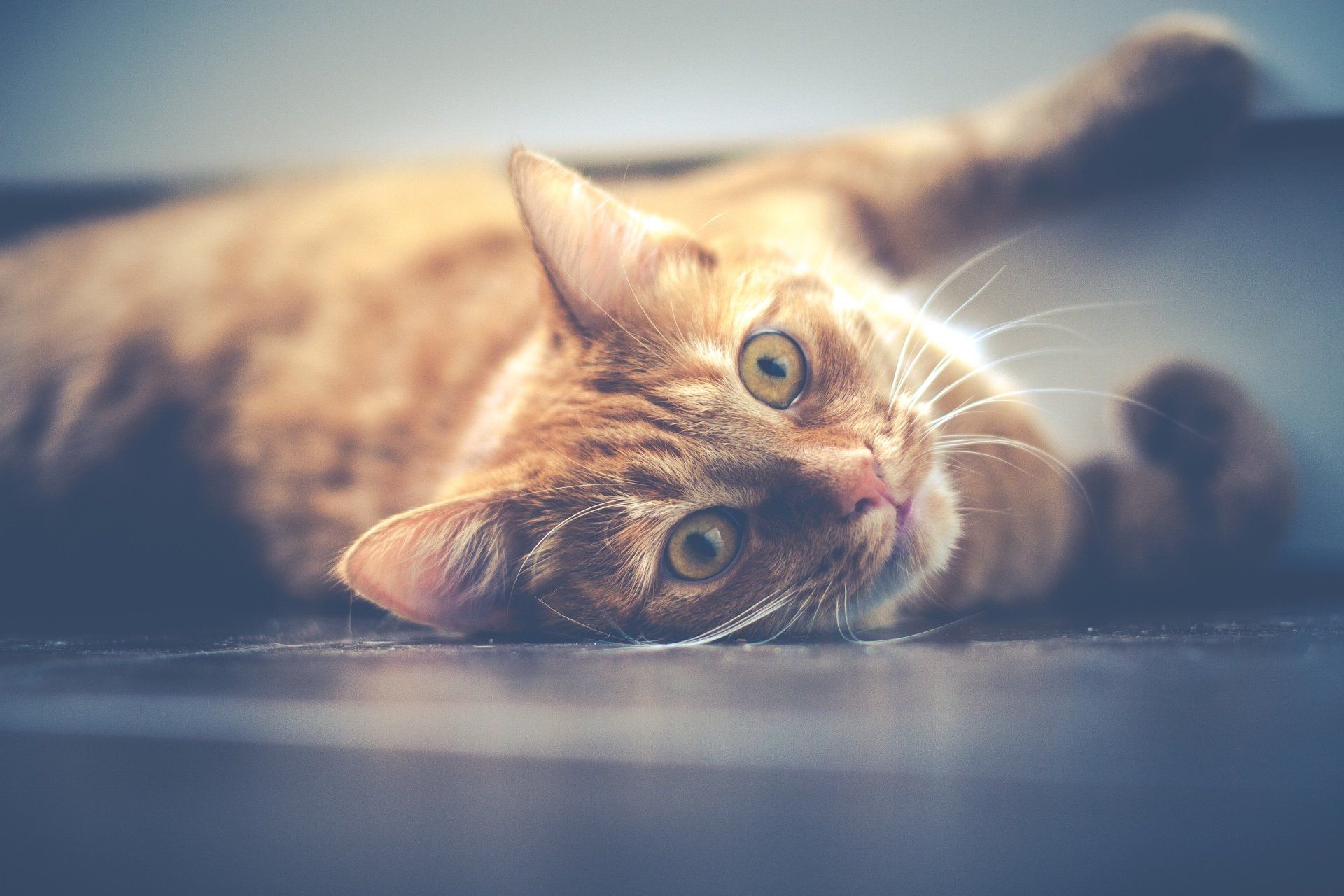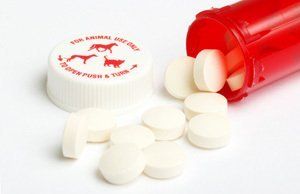Abscesses in Cats
websitebuilder • May 27, 2019

My cat was diagnosed with an abscess. What exactly is an abscess?
The simple description of an abscess is a “pocket of pus” located somewhere in the body. Abscesses are typically described anatomically by where they are located, for instance, a tooth root abscess occurs at the tip of a tooth root, and a subcutaneous abscess occurs under the skin. Typically, an abscess appears suddenly as a painful swelling (if it is not located inside a body cavity or deep within tissue) that may be either firm to the touch, or compressible like a water balloon. The abscess may be large or small, will often cause redness if it is under the skin, and may cause local tissue destruction. Some abscesses will rupture, discharging a foul-smelling secretion.
A cat with an abscess will often have a fever, even if the abscess has ruptured and drained to the outside of the body. Should the abscess be located inside the body, for example, in the liver, fever would be expected, and there may be the additional complication of a widespread internal infection, or bacteria in the bloodstream, if the abscess has ruptured internally.
What causes abscesses?
There are many potential causes of abscesses in cats. One of the most common causes is a bite from another animal. The bite injury introduces bacteria into the wound, the wound becomes infected, and depending upon the bacteria involved and how deep the bite is, an abscess can result. Penetrating injuries from inanimate objects like sticks and grass seeds can also lead to abscesses, as can having had a previous infection in the site.
Certain bacterial species are often involved in abscess formation, including:
- pus-forming bacteria like Staphylococcus, Escherichia coli, certain Streptococcus species, Pseudomonas, Mycoplasma, Pasteurella multocida, Corynebacterium, Actinomyces, Nocardia, and Bartonella
- bacteria that can only live and grow in the absence of oxygen including Bacteroides, Clostridium, and Fusobacterium
Are there any particular risk factors for abscess development?
There are certain tissues and organs that are fairly commonly affected by abscesses. A generalized blood-borne infection may result in a liver abscess. Damage to a tooth may result in a tooth root abscess. A bite wound can result in an abscess under the skin. An inhaled foreign object or severe pneumonia may case a lung abscess. Finally, an inner ear infection, severe sinus infection, or infection deep in the mouth can result in a brain abscess.
How are abscesses treated?
Abscess treatment depends on the location and the severity of the infection. Most abscesses are treated on an outpatient basis, rather than in the hospital. The key is to remove the pocket of pus, either by surgical removal, or by draining and flushing. If a foreign object has been the cause of the abscess, it is critical to ensure that it has been fully removed or the abscess will return.
"It is also important to ensure
adequate pain relief during
treatment of an abscess."
Appropriate antibiotic therapy is a critical component of the successful treatment of abscesses, no matter the location. The antibiotic will be chosen based on the bacteria involved, and the length of treatment will depend upon both the bacteria and the location of the abscess. It is important to give the antibiotics for the entire time they are prescribed. It is also important to ensure adequate pain relief during treatment of an abscess. Your veterinarian may prescribe an appropriate pain medication to be given alongside the antibiotic. Your veterinarian may also talk with you about maintaining adequate nutrition to ensure proper healing, which may involve a temporary dietary modification. Finally, it will be important to restrict activity during recovery to allow the tissue involved to heal properly. If a surgery was involved to remove the abscess, keeping the cat appropriately quiet and contained is absolutely mandatory.
Is there any follow-up for my cat that I should be aware of?
While your cat is healing from an abscess, it is important to monitor for any increased draining from the abscess site (if the abscess is superficial), or any evidence that the cat is not improving (if the abscess is internal). Avoiding a future recurrence depends on where the abscess occurred, and what tissues are involved. For instance, in the case of repeated anal sac abscesses, surgical removal of the gland may be recommended. In the case of a prostate abscess, neutering may prevent a recurrence. For bite wound abscesses, avoid fighting or play-fighting situations that may cause a recurrence.
Delayed or inadequate treatment may lead to chronically draining tracts in the tissue or even to organ system compromise, so it is important to follow all treatment instructions from your veterinarian. Adequate draining or removal of the abscess, followed by appropriate follow-up care and delivery of antibiotics, pain medication, and nutrition should result in a complete recovery.
This client information sheet is based on material written by: Robin Downing, DVM, DAAPM, DACVSMR, CVPP
© Copyright 2015 LifeLearn Inc. Used and/or modified with permission under license.

Acetazolamide (brand names: Diamox®) is a diuretic and antiglaucoma agent, used primarily to treat glaucoma (increased eye pressure), syringomyelia (cyst that affects nervous system), and metabolic alkalosis. Its use in cats and dogs to treat glaucoma, syringomyelia, or metabolic alkalosis is ' off label ' or ' extra label '. Many drugs are commonly prescribed for off label use in veterinary medicine. In these instances, follow your veterinarian’s directions and cautions very carefully as their directions may be significantly different from those on the label.



